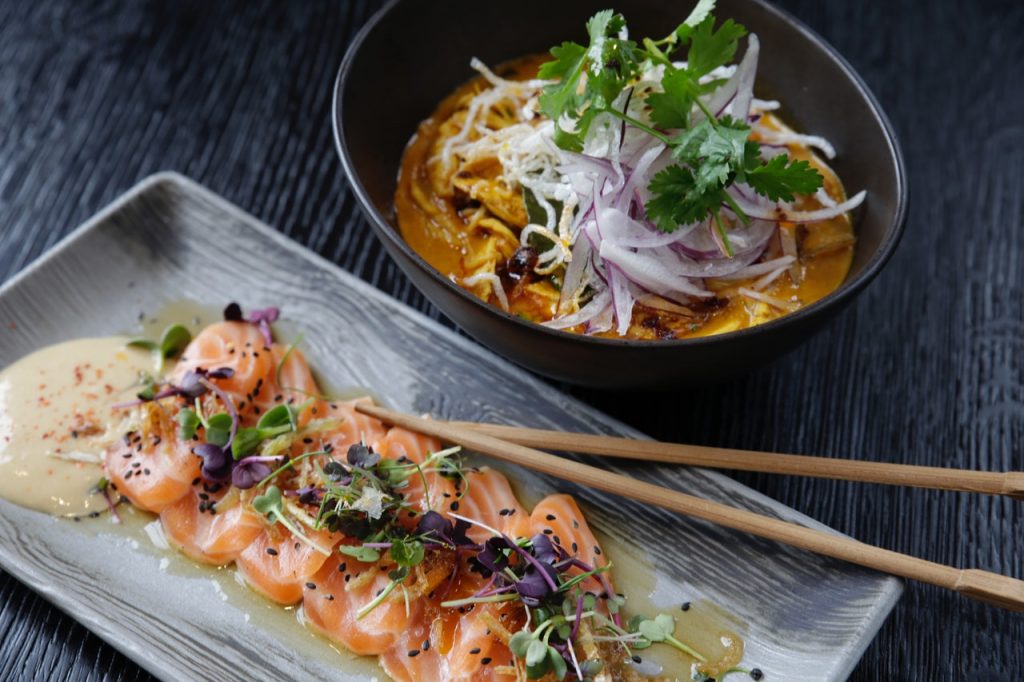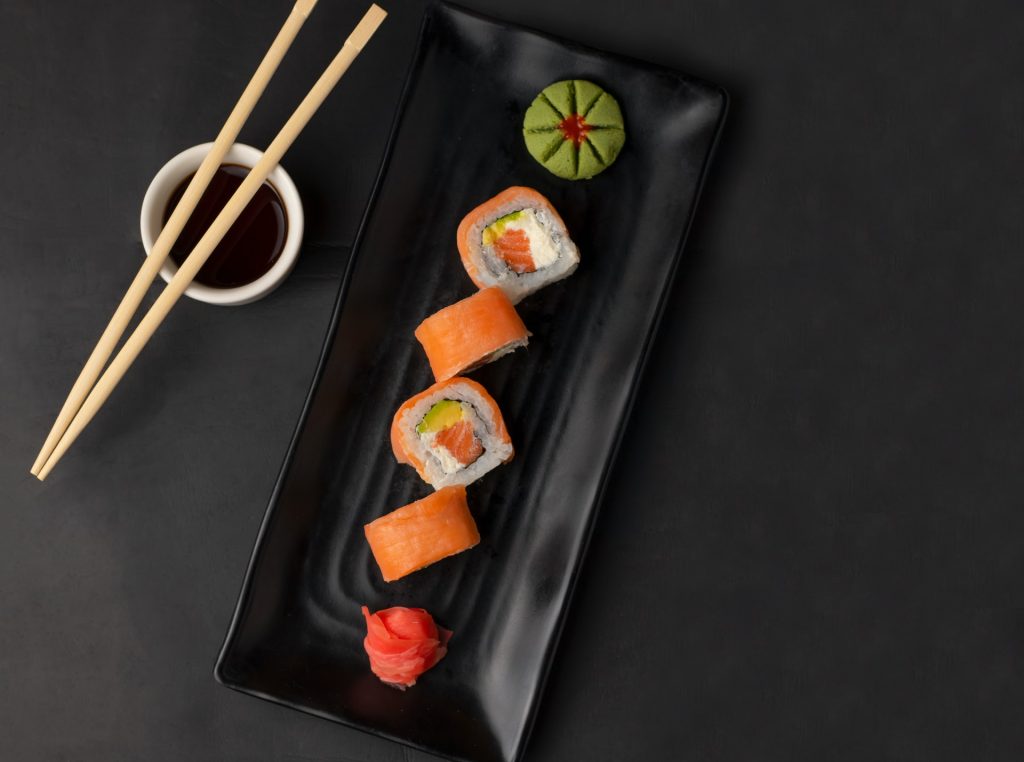In Japan, food is an art, and shoku-iku is treated as a prerequisite for a healthy lifestyle. It’s no wonder, then, that the country has longevity and the lowest obesity rate of its residents. What is the Japanese food philosophy?
In Japan, special emphasis is placed on education about proper nutrition, diet and physical activity. Already at school, students learn the basic rules of shoku-iku, or Japanese philosophy of nutrition, which requires listening to one’s body, what we need and what we lack. Recognizing signals sent by our body.
That is, their proper preparation. The right dish should be well thought out and contain all the basic ingredients, vitamins and minerals so that the body is provided not only with a dose of energy but also with the right microelements, so that we are full of strength throughout the day. Interestingly, the principles of shoku-iku also mention that the stomach should be filled to 80%, as both overeating and underfeeding do not lead to anything good.
A properly composed diet should be balanced, incorporate different cooking techniques (such as boiling or frying), consist of different forms of dishes and a variety of products. We don’t eat the same thing every day; variety is also to be found in the kitchen.

It is not only what is in a particular dish that is important, but also its surroundings. For the Japanese it is important to eat together, its aesthetic appearance and sharing the prepared dishes (often the elements of the dish are divided into small plates, which can be used and combined freely). Food should be eaten quietly, without rushing. This is an idea that is difficult to realize even in Japan, so it is important to admire even the smallest and most ordinary meal in terms of its structure or taste, pay attention to your senses while eating.
The basis of Japanese cuisine is undoubtedly rice. It is used with various additions, often meat or fish. Vegetables, as well as mushrooms and algae, must also be on the table. Grains are often added to dishes to enrich them, dairy products or seasonal fruits are used as snacks. The Japanese diet also consists of physical activity and hydration, which means drinking enough water. All this is to make a person function properly and in a healthy way.
Meals have to be subdued, not exaggerated, and to prepare them one has to use various foodstuffs that are available on the market, so also seasonal and local products. Tradition is very important for Japanese cuisine, but also ecology. In shoku-iku, the Japanese are also taught not to waste food, to minimize waste and to make the most of the given products. It is a fascinating style of minimalism and functionality. Salt must also not be overused.

Above all, the Japanese philosophy of eating teaches a sensible, healthy approach to food. It is not about banning certain dishes, unlike many European diets, or abstaining from food, but about acting in a balanced way. Preparing food and eating it should not be an unpleasant chore, but a pleasure. Shoku-iku allows us to look at the problem of nutrition in a different way, it requires common celebrations of meals, looking at what actually lies on our plate.
Main photo: Kasumi Loffler/Pexels